Bunk Johnson - New Orleans Jazz Men, Vol. 2 (2011)
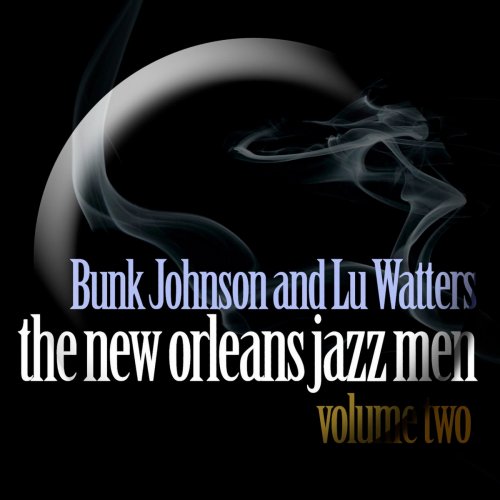
Artist: Bunk Johnson
Title: New Orleans Jazz Men, Vol. 2
Year Of Release: 2011
Label: AP Music
Genre: Jazz
Quality: FLAC (tracks)
Total Time: 52:23 min
Total Size: 181 MB
WebSite: Album Preview
Tracklist:Title: New Orleans Jazz Men, Vol. 2
Year Of Release: 2011
Label: AP Music
Genre: Jazz
Quality: FLAC (tracks)
Total Time: 52:23 min
Total Size: 181 MB
WebSite: Album Preview
01. Maple Leaf Rag
02. Willie the Weeper
03. At a Georgia Camp Meeting
04. Ace in the Hole
05. Original Jelly Roll Blues
06. Snag It
07. Muskrat Ramble
08. The Girl's Go Crazy
09. Ory's Creole Trombone
10. I Wish I Could Shimmy Like My Sister Kate
11. Milneberg Joys
12. Ballin' the Jack
13. The Sheik of Araby
14. Careless Love
15. When I Move to the Sky
16. Down By the Riverside
17. Put on Your Old Grey Bonnet
Due to the difference of opinion between his followers (who claimed he was a brilliant stylist) and his detractors (who felt that his playing was worthless), Bunk Johnson was a controversial figure in the mid-'40s, when he made a most unlikely comeback. The truth is somewhere in between.
Bunk Johnson, who tended to exaggerate, claimed that he was born in 1879 and that he played with Buddy Bolden in New Orleans, but it was discovered that he was actually a decade younger. He did have a pretty tone and, although not an influence on Louis Armstrong (as he often stated), he was a major player in New Orleans starting around 1910 when he joined the Eagle Band. Johnson was active in the South until the early '30s, but did not record during that era. Discovered in the latter part of the decade by Bill Russell and Fred Ramsey, he was profiled in the 1939 book Jazzmen. A collection was taken up to get Johnson new teeth and a horn. In 1942, he privately recorded in New Orleans, and the next year he was in San Francisco playing with the wartime edition of the Yerba Buena Jazz Band. An alcoholic, Johnson's playing tended to be erratic, and when Sidney Bechet recruited him for a band in 1945, he essentially drank himself out of the group. In 1946, Bunk Johnson led a group that included the nucleus of the ensemble George Lewis would make famous a few years later, but Johnson disliked the playing of the primitive New Orleans musicians. He was more comfortable the following year heading a unit filled with skilled swing players, and his final album (Columbia's The Last Testament of a Great Jazzman) was one of his best recordings. In 1948, the trumpeter (who was only 59 but seemed much older) returned to Louisiana and retired. Many of Bunk Johnson's better recordings have been reissued on CD by Good Time Jazz and American Music. ~ Scott Yanow.
Bunk Johnson, who tended to exaggerate, claimed that he was born in 1879 and that he played with Buddy Bolden in New Orleans, but it was discovered that he was actually a decade younger. He did have a pretty tone and, although not an influence on Louis Armstrong (as he often stated), he was a major player in New Orleans starting around 1910 when he joined the Eagle Band. Johnson was active in the South until the early '30s, but did not record during that era. Discovered in the latter part of the decade by Bill Russell and Fred Ramsey, he was profiled in the 1939 book Jazzmen. A collection was taken up to get Johnson new teeth and a horn. In 1942, he privately recorded in New Orleans, and the next year he was in San Francisco playing with the wartime edition of the Yerba Buena Jazz Band. An alcoholic, Johnson's playing tended to be erratic, and when Sidney Bechet recruited him for a band in 1945, he essentially drank himself out of the group. In 1946, Bunk Johnson led a group that included the nucleus of the ensemble George Lewis would make famous a few years later, but Johnson disliked the playing of the primitive New Orleans musicians. He was more comfortable the following year heading a unit filled with skilled swing players, and his final album (Columbia's The Last Testament of a Great Jazzman) was one of his best recordings. In 1948, the trumpeter (who was only 59 but seemed much older) returned to Louisiana and retired. Many of Bunk Johnson's better recordings have been reissued on CD by Good Time Jazz and American Music. ~ Scott Yanow.
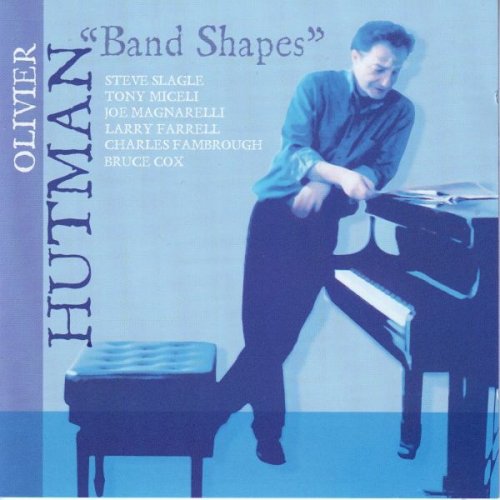
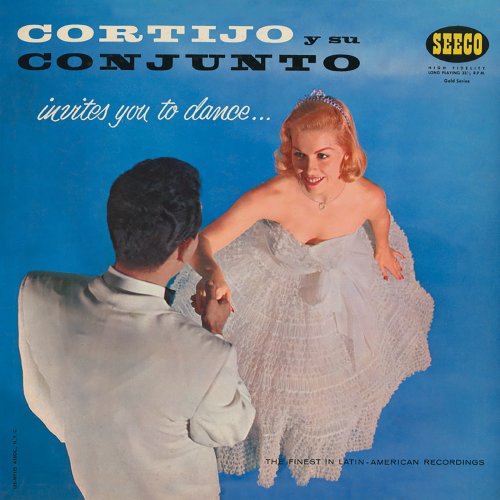
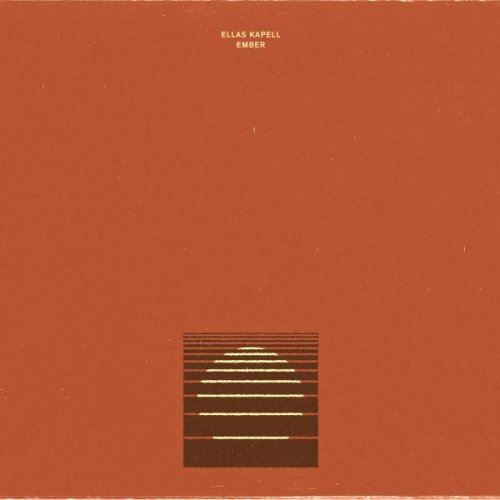

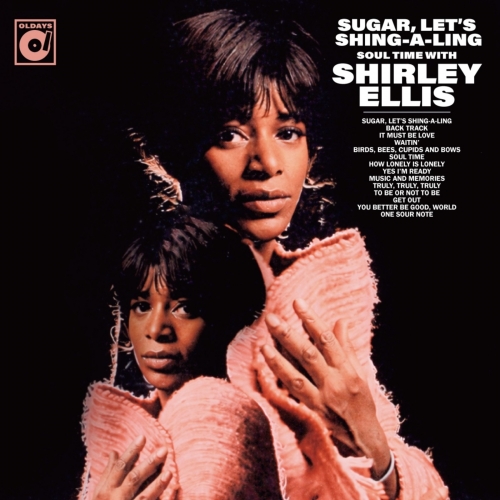

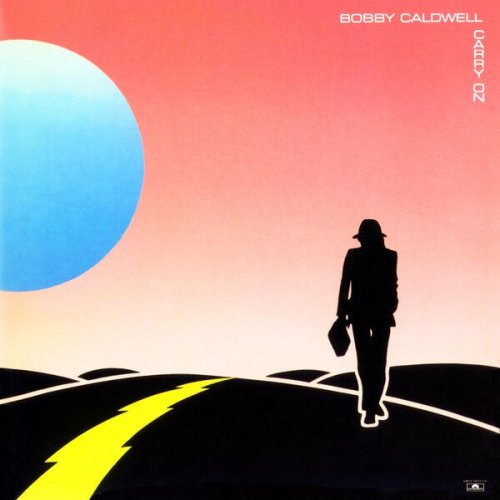
![Ingrid Jensen - Landings (2026) [Hi-Res] Ingrid Jensen - Landings (2026) [Hi-Res]](https://www.dibpic.com/uploads/posts/2026-02/1772179914_cover.jpg)
